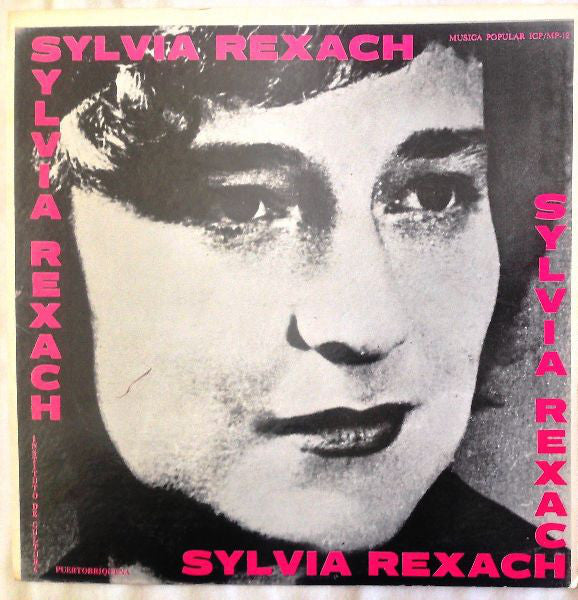

Written by Gabriella Lacombe
Today October 28th, Puerto Rican bolero will gently make its way through Brooklyn as the Richmond, Virginia-based bolero group Miramar takes a two-night tour of the New York City borough.
A Cuban musical tradition of poetic ballad, boleros are often meditations on matters of the heart, pain and loss both real and hypothetical. Like Miramar’s name (which can be translated to “sea view”) the images and themes of bolero are reached simply and deeply, reduced to a sweet and emotional intensity like red wine in a hot pan.
Among the Cuban bolero’s many stars – Pepe Sanchez, Rafael Hernández, Agustín Lara – one of the style’s most innovative and exceptional figures has been Sylvia Rexach, who Miramar’s debut album is dedicated to. Fiercely independent and strikingly contemporary, Rexach brought a sensuality and intimacy to bolero that secured her reputation as an icon. Likewise, Rexach’s everyday life was imbued with a raw honesty and sensitivity that likely served as a bountiful source of inspiration. Here at Maimoun, we like to think that these traits make the poet and composer an admired example of a Maimoun woman from the past.
Born in 1922 in Santurce, San Juan, Rexach began her musical life at an early age, writing her first songs while still in her teens. From this point forward, Rexach would become known for poignant lyrics, like:
“Es mi corazón/una nave en el turbulento mar/desafiando la fuerte tempestad/de eso que llaman amor.[…] Dime capitán/tú que conoces las aguas de este mar/si después de pasar la tempestad/quedará sobre la calma/un inmenso vacío entre mis brazos/o tal vez un corazón/ hecho pedazos.”
“It’s my heart/a ship in a turbulent sea/defying a roaring storm/of this thing called love.[…] Tell me, captain/you, who know the waters of this sea/if after the tempest passes/there will be left over the calm/an immense emptiness in my arms/or maybe a heart/in pieces.”

This would not be the last time that Rexach’s life would astonish. Later, the singer would enlist as an assistant in the Women's Army Corps during World War II and fall in love with an American officer, having three children but divorcing soon after. Truly ahead of her time, Rexach went on to lead the first all-female band in Puerto Rico and, as pulled from Miramar's liner notes written by Yannis Ruel, become known for embracing “[spending] her time composing and performing music and socializing with other artists at late-night parties, something previously enjoyed solely by men. She smoked, drank, stayed out late and lived an intensely bohemian lifestyle."
In addition to her work in music, Rexach also wrote a column for the Diario de Puerto Rico entitled “A Sotto Voce,” which documented the current Puerto Rican cultural scene. Although she would die of stomach cancer at the early age of 39, Rexach would maintain her work ethic and vibrant social life until her final days in 1961.
Reflecting on the life of Syliva Rexach in comparison to today’s turbulent political and social times, the nature of a feminine expression and the validity of a woman’s feelings and desires continue to be equally contested and fought for. In a society that rarely separates identity and action, how do we consider a woman who does not hide her vulnerability nor her sovereignty? What does it mean to be powerful?


×
THE STORE
free shipping on orders $150+






